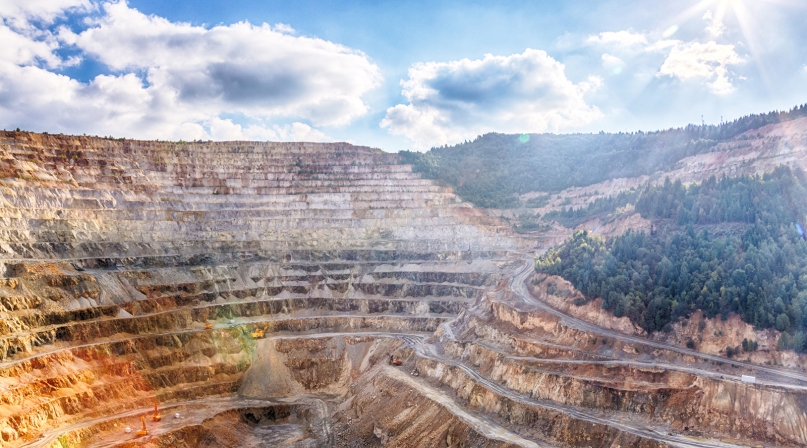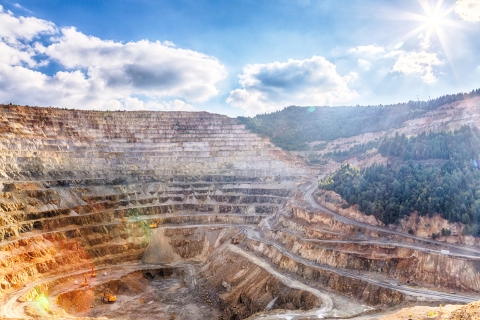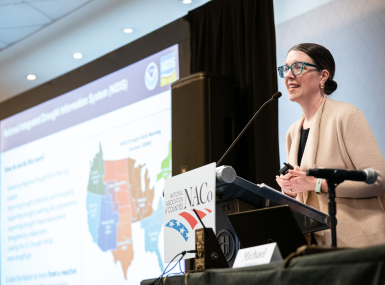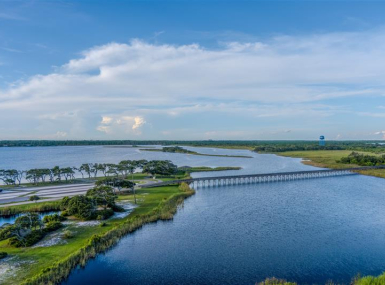Supreme Court to decide Superfund case

Key Takeaways
Atlantic Richfield Co. v. Christian is a complicated case raising three legal issues which the Supreme Court has agreed to decide. To summarize the case in one sentence, the owners of a Superfund site object to having to take remedial action not required by the Environment Protection Agency (EPA) to benefit landowners located within the boundaries of the site.
The Anaconda Smelter, now owned by ARCO, processed copper ore from Butte for nearly 100 years before shutting down in 1980. That same year, Congress enacted the Comprehensive Environmental Response, Compensation and Liability Act (CERCLA) or Superfund law. The purpose of this law is to “foster the cleanup of sites contaminated by hazardous waste, and to protect human health and the environment.”
EPA required ARCO to pursue particular remedies. Landowners located within the boundaries of the site sought two additional remedies beyond what EPA required: Removing the top two feet of soil from affected properties and installing permeable walls to remove arsenic from the groundwater.
ARCO argues that two provisions of CERCLA prevent the landowners from obtaining additional remedies in this case. ARCO also argues that CERCLA preempts state common-law claims for restoration beyond EPA-ordered remedies. The Supreme Court of Montana rejected all of ARCO’s arguments.
ARCO first claimed the landowners were “challenging” EPA’s remedial plan. The Superfund statute jurisdictionally bars courts from hearing “challenges.” According to the Supreme Court of Montana a “challenge must actively interfere with EPA’s work, as when the relief sought would stop, delay or change the work EPA is doing.” The court found no “challenge” in this case because “the Property Owners are not seeking to interfere with [EPA’s] work, nor are they seeking to stop, delay or change the work EPA is doing.”
ARCO also claimed the property owners are “Potentially Responsible Parties” (PRP), even though the EPA has never ordered them to pay for the cleanup. The Superfund statute prohibits PRPs from “conducting any remedial action that is inconsistent with EPA’s selected remedy without EPA’s consent.” The Montana Supreme Court noted the property owners have “never been treated as PRPs for any purpose — by either EPA or ARCO — during the entire 30-plus years since the Property Owners’ property was designated as being within the Superfund site.”
Finally, the Montana Supreme Court rejected the argument CERCLA preempts state common-law remediation claims pointing out that CERCLA has two savings clauses which “expressly contemplate the applicability of state law remedies.”
This case provides an interesting mixed bag for states and local governments. To the extent they own Superfund sites they may prefer that remedies be limited to what the EPA mandates. But to the extent others own Superfund sites, they may prefer they be remedied to a greater extent than what EPA requires.

Attachments
Related News

NOAA outlines help for counties navigating drought’s growing risks
In April, the National Integrated Drought Information System will launch the Mid-Atlantic Drought Early Warning System, which will help county officials allocate resources and attention to mitigate drought-related disasters.

House Agriculture Committee introduces 2026 Farm Bill
On February 13, House Agriculture Committee Chairman G.T. Thompson (R-Pa.-15) introduced the House version of the 2026 Farm Bill, the Farm, Food, and National Security Act of 2026.

Congress increases oversight of Gulf Coast Restoration Trust Fund
On February 3, Congress passed new funding and authority for an audit and expanded oversight of the Gulf Coast Restoration Trust Fund, which houses federal funds for recovery from the Deepwater Horizon oil spill disaster. The provision was included in the Financial Services-General Government appropriations bill (FSGG), which was one of five included in a minibus package passed by Congress (P.L. 119-75).
